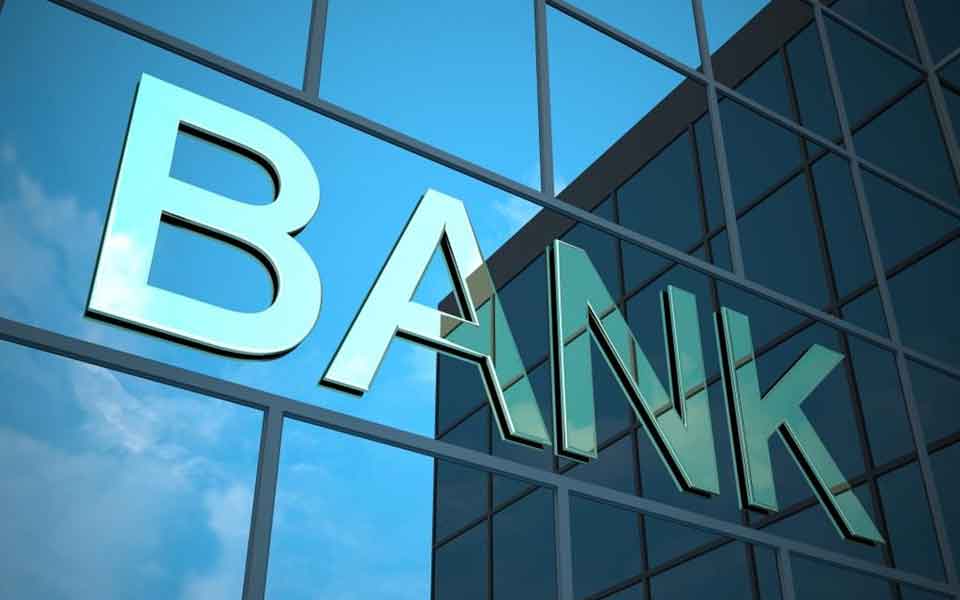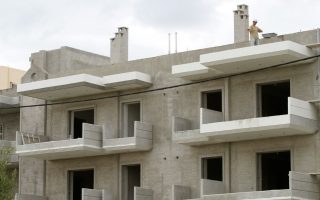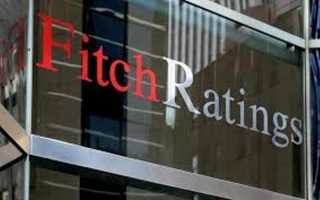Still a eurozone outlier

 Despite raising our sovereign ratings on Greece in April 2021, we continue to view the financial system as an outlier in the eurozone. A high amount of nonperforming loans, albeit recent improvements, weak quality and level of capital, and limited earnings prospects continue to restrain Greek banks’ creditworthiness.
Despite raising our sovereign ratings on Greece in April 2021, we continue to view the financial system as an outlier in the eurozone. A high amount of nonperforming loans, albeit recent improvements, weak quality and level of capital, and limited earnings prospects continue to restrain Greek banks’ creditworthiness.
In terms of NPLs, the four largest banks (Alpha Bank, Eurobank, National Bank of Greece, Piraeus Bank) have been making a meaningful process toward normalization since the implementation of the Hercules Asset Protection Scheme in 2018 under which the government extends first-loss guarantees on senior tranches of notes backed by pools of nonperforming exposures that are securitized by Greek banks. By leveraging Hercules, and the increase in investor interest in distressed assets linked to Greek bad debt, Greek banks have reduced legacy assets by more than €30 billion in the past three years. Given very large volumes of ongoing and upcoming NPE disposals, we expect banks’ reported NPE ratios will continue to improve during 2021 and 2022, despite our anticipation of higher problem loan formation due to the Covid-19 pandemic. We expect the systemwide NPE ratio to drop below 15% by year-end 2022, and below 10% for some banks. Still, we expect Greek banks’ asset quality metrics to remain weaker than the European Union average.
The key challenge for Greek banks’ creditworthiness is the high amount of deferred tax credits (DTCs) in common equity tier 1 (CET1) capital. As of June 2021, DTCs made up between 61% and 91% of common shareholder’s equity of the four large Greek banks. Pressure on margins and fee income will prevail at least until year-end 2022 as competition grows in the banking industry. Demand for new loans from households remains below the repayments, whereas the pace of growth remains flat for corporate loans. The anticipated utilization of the EU’s Recovery and Resilience Facility funds could boost the demand in the latter. Lower cost of funding and meaningful cost savings, thanks to branch and headcount reductions in recent years, will help support bottom-line profitability somewhat.





